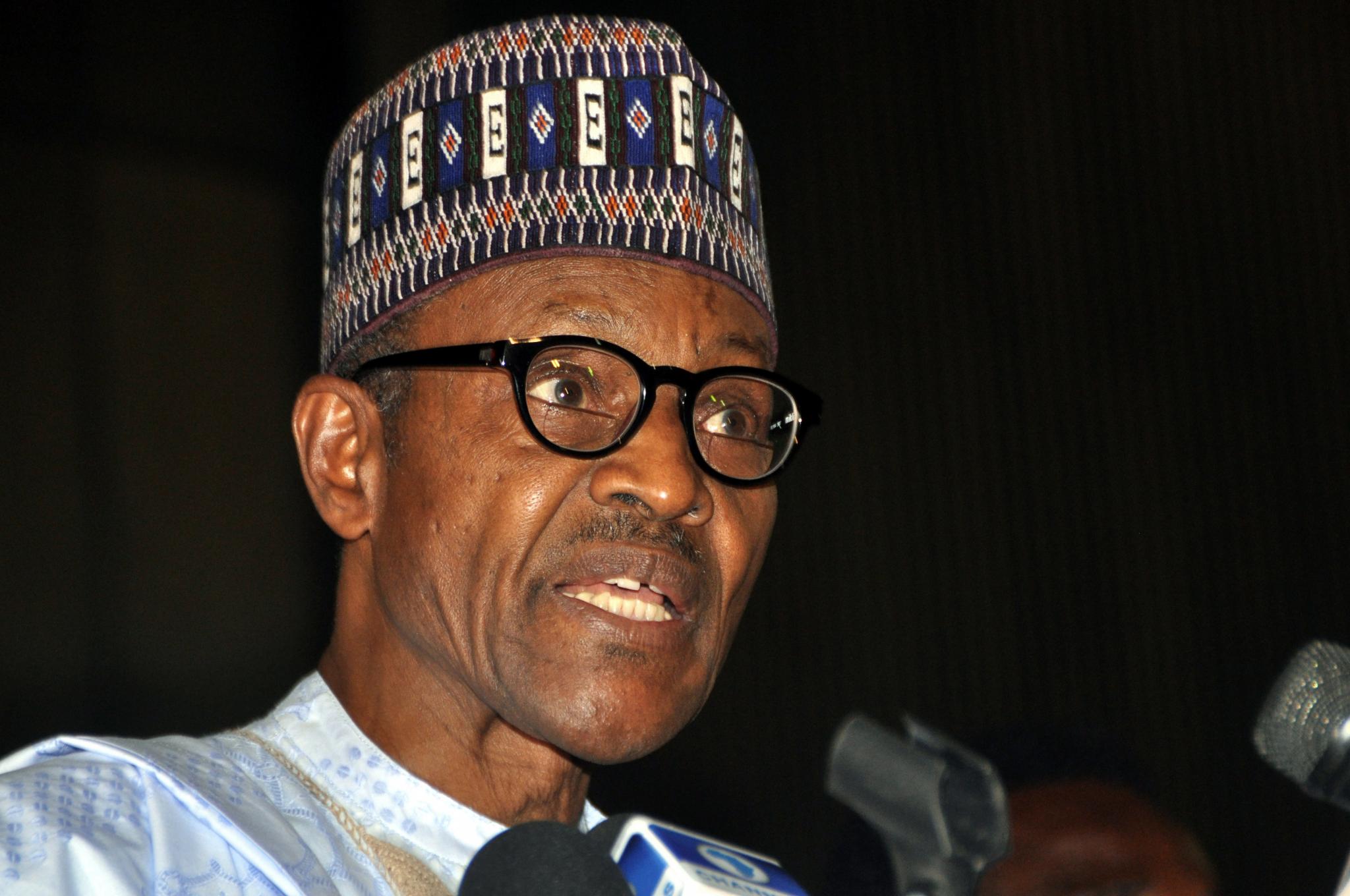
Nigeria’s presidential election, which took place over two days last weekend, was marked by deadly attacks on citizens by terrorist group Boko Haram. On March 28, day one of the election, members of Boko Haram invaded four northeastern towns, torching homes, and killing 41 people, including local legislator Umaru Ali, in an effort to discourage voting and democracy.
For almost four years, Boko Haram has been violently attempting to overthrow the Nigerian government and convert the partially Christian nation to an Islamic state.
“They had sent messages earlier warning us not to encourage democracy by participating in today’s election,” said witness Mallam Garba Buratai to the Associated Press.
Despite the attacks, millions of citizens lined up to vote for both the presidency and legislature on Saturday and Sunday. Early this morning, government officials announced that Muhammadu Buhari had defeated the incumbent, Goodluck Jonathan, making him the first candidate to beat a sitting president.
Buhari, a former military dictator turned Democratic politician, has promised to help restore Nigeria’s struggling economy after a recent drop in oil prices. He also says that no effort will be spared in combatting Boko Haram. The Guardian suggests that Jonathan’s lackluster response to the 200 schoolgirls who were kidnapped ultimately led to his downfall.
Buhari is expected to take office next month.